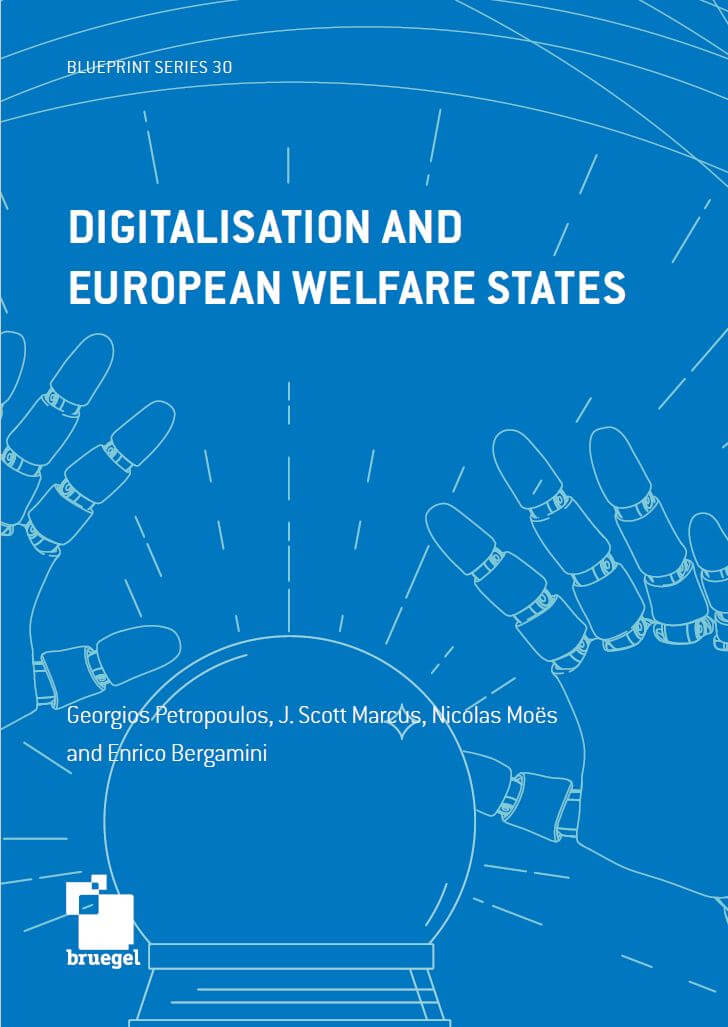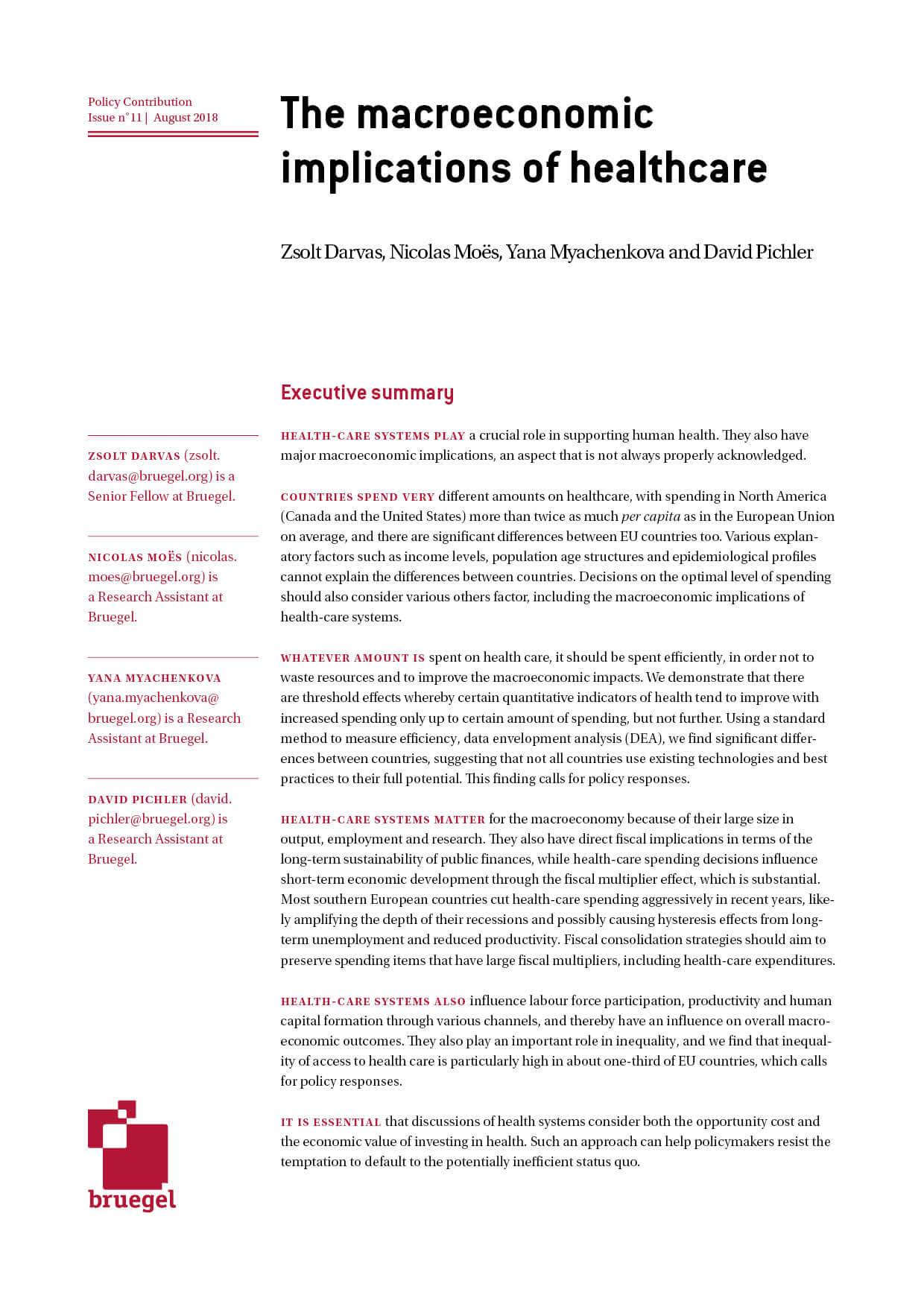Former scholars

Nicolas Moës
Research Assistant
Nicolas Moës, a Belgian citizen, works as a Research Assistant in the Innovation & Competition Policy area. He holds a B.Sc. in Economics and Business Economics from Maastricht University and a M.Phil. in Economics from the University of Oxford. His master thesis focused on developing analytical solutions for collective action problems, bridging the gap between the institutional economics literature and neoclassical approaches.
Alongside his studies, he did an internship in strategy consulting at Bain & Company and another one at a UK policy institute, developing policy recommendations for the international governance of global risks. He also founded the student NGO Economists Without Borders while in Oxford.
Nicolas' research interests include theoretical and empirical microeconomics, notably institutional economics, innovation policy, and the impact of technology on the labor markets.He is a native French-speaker, fluent in English and persists in learning Dutch and Mandarin.





